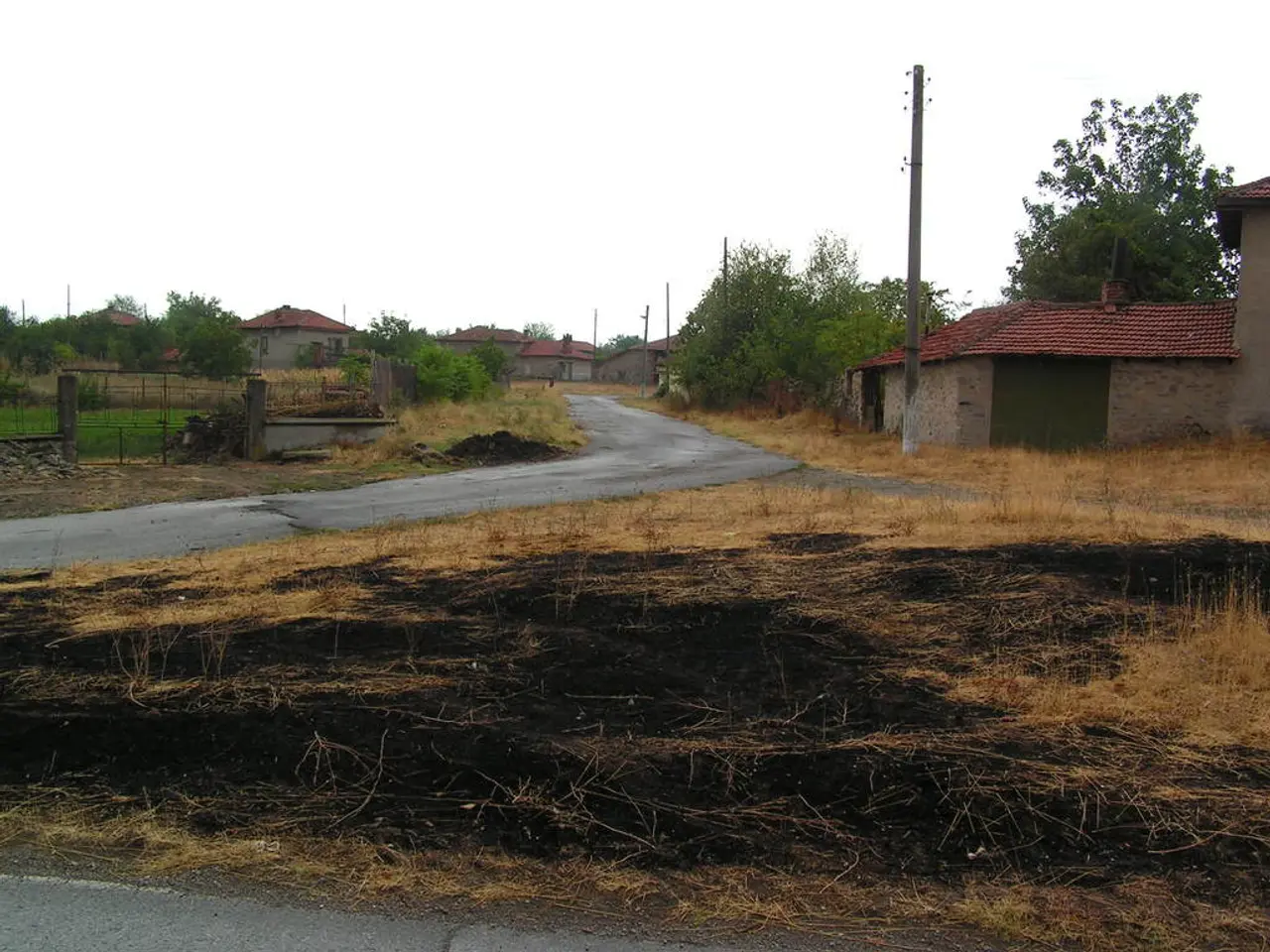Harnessing the Power of Electrification for Forest Conservation
In the heart of Central Asia, Welthungerhilfe's project in Tajikistan is making a significant impact on the lives of rural mountain communities. The initiative focuses on efficient stoves, renewable energy solutions, and sustainable development measures tailored to the local context.
At the forefront of this project is Zohir Zohirov, a 51-year-old resident of Dehisor, who works as a potato farmer and a modified cooking stove maker. Zohir travels up to 20 km to other villages to install the cookstoves, which are popular among the villagers as they spend less time collecting firewood and dung.
The new cooking stoves built by Zohir are more efficient, require less wood, and reduce smoke pollution. They make cooking easier because food is less likely to burn. Zohir himself learned the craft after attending a Welthungerhilfe information session on modified cooking stoves and decided to apply for training.
Welthungerhilfe is using renewable energies, primarily hydropower from the tributaries of the Zarafshan. Eight micro hydro powerplants and solar plants have been constructed, capable of fulfilling the electricity needs of 6,000 people. An electricity company at district level has been formed, and technicians have been trained for the maintenance of these renewable energy facilities. Local repair workshops for the power plants have been established to ensure long-term sustainability.
The improved cooking facilities have contributed to saving more than 20,000 tons of CO emissions every year in Tajikistan. This positive impact on the environment is equivalent to the annual ecological footprint of about 2,700 EU citizens. The project aims to sustainably remove a significant obstacle to development, fostering environmental sustainability while improving living conditions.
Small hydropower and solar plants are being built to overcome the local energy crisis in Tajikistan. Subsidies for energy-efficient technologies have been provided for vulnerable households, further enhancing the project's impact.
This approach aligns with global calls for clean, equitable energy access in challenging contexts, as emphasized by UN agencies and development partners who advocate for just transitions supported by education, social protection, and environmental stewardship in remote and low-income areas.
Zohir Zohirov, with his background in handicrafts, is a testament to the project's success. His dedication to his craft and the positive change he brings to his community exemplify the project's mission to integrate humanitarian relief with sustainable and just energy transitions in vulnerable regions.
Science plays a crucial role in the sustainability measures of Welthungerhilfe's project in Tajikistan, as the initiative combines environmental-science knowledge with renewable-energy technologies to address climate-change challenges. The project's focus on efficient stoves and hydropower plants not only improves the living conditions of rural mountain communities but also contributes to financial savings, as families spend less on firewood and energy. Furthermore, the project fosters a sustainable industry by training local technicians for the maintenance of renewable energy facilities, ensuring long-term sustainability.




